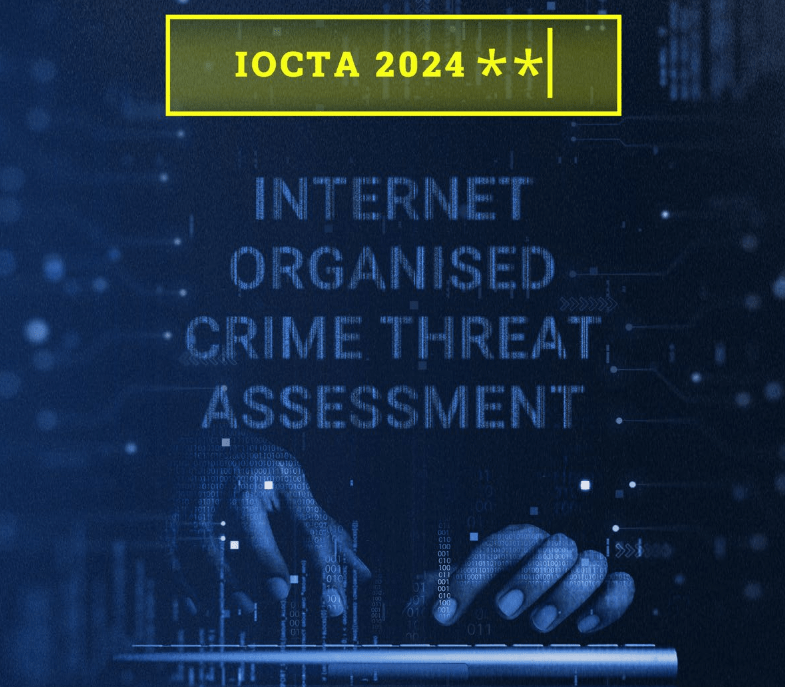Europol's latest study, the Europol Internet Organized Crime Threat Assessment, reveals how thieves are changing how they use Bitcoin. Key findings in the report include the use of stablecoins such as Tether (USDT) and Bitcoin for illicit activities, as well as the growing popularity of Monero for person-to-person remittance transfers.
Bitcoin: A Cybercriminal Mastermind?
Europol's research highlights that Bitcoin's importance in cybercrime is unlikely to change anytime soon: its proven popularity and the wide range of exchanges and services that support it mean it will always be a tool for criminals.
However, law enforcement is not sitting idly by: stablecoin blacklisting features allow authorities to freeze suspicious funds, demonstrating a proactive strategy in fighting crypto-related crime.

Monero: The Dark Web's New Darling?
While Bitcoin remains the most widely used cryptocurrency, Monero has garnered attention among hackers. For those looking to hide their financial activities, Monero's design prioritizes anonymity and privacy. Unlike Bitcoin's public ledger, Monero uses advanced encryption methods to obscure transaction data, making it difficult for law enforcement to trace illegal activity.
IOCTA says Monero's unique properties make it ideal for hiding illegal activities: stealth addresses and secret transactions allow criminals to go undetected. Europol says Monero is frequently used to purchase illicit goods on the dark web, boosting its status as a criminal tool.
Monero is highly regarded as a legitimate privacy-focused financial transaction, even as it is controversially used for criminal activity. This dual nature highlights how difficult it is to deal with privacy-focused cryptocurrencies in the legislative arena. Law enforcement agencies must find a compromise between respecting people's financial privacy rights and the need to fight crime.

Image: Politico
Other key findings
In a major study, Europol found that millions of EU citizens and small businesses are targeted by cyber attacks every day. Criminals make money through phishing, investment fraud and internet abuse. The development of a Bitcoin ETF could lead to new customers falling into the trap.
The report also revealed that hackers are getting smarter and are using artificial intelligence to make the process run smoother, with AI-driven deepfakes and automated bribery systems making it very hard for authorities to find the criminals.
Europol recommends increased public-private collaboration to address these issues. The organization advises law enforcement agencies to increase training on blockchain technology and strengthen collaboration with blockchain analysis companies. These steps will arm law enforcement with the tools and information to fight Bitcoin crime in an evolving environment.
Featured image from Shutterstock, chart from TradingView

